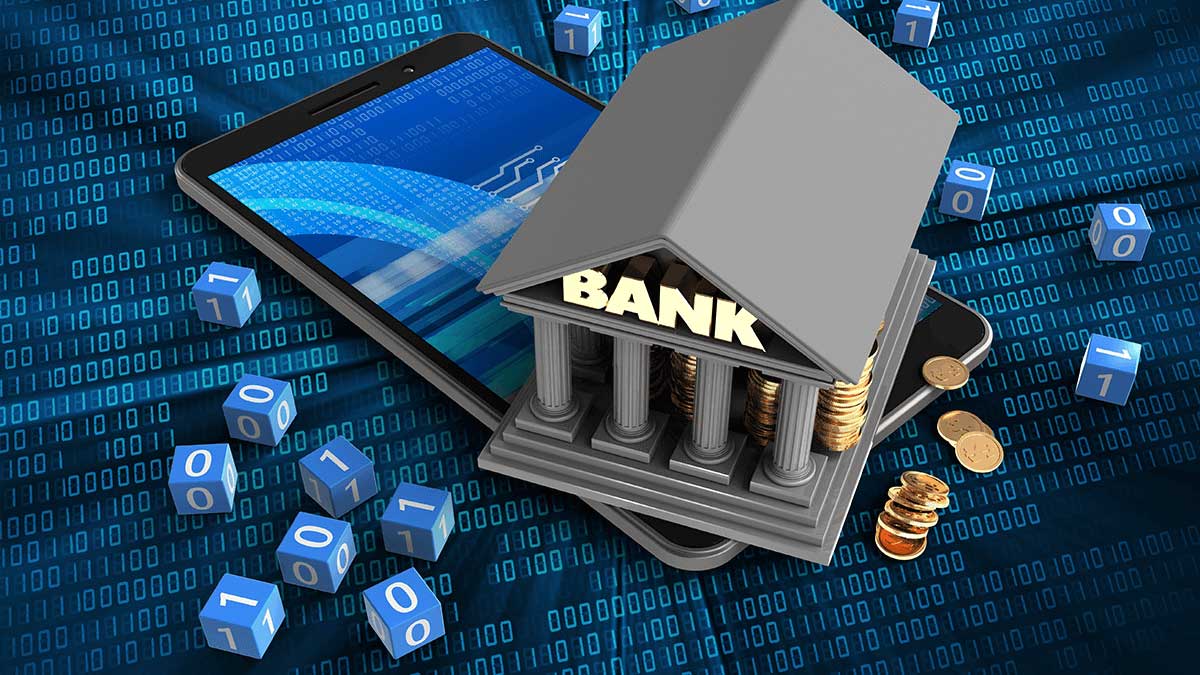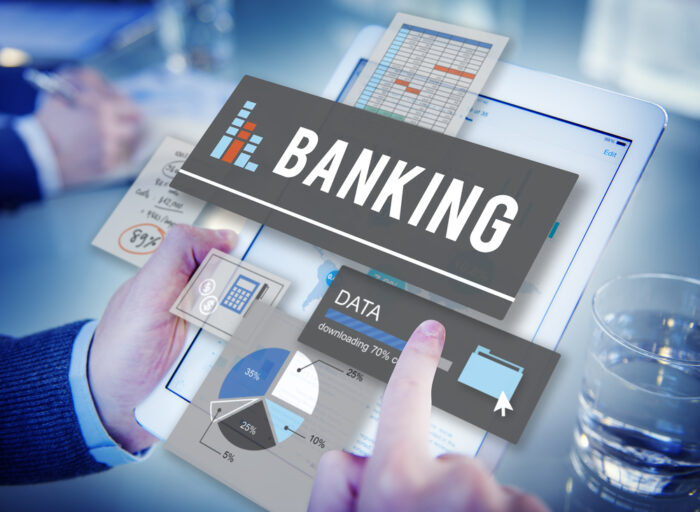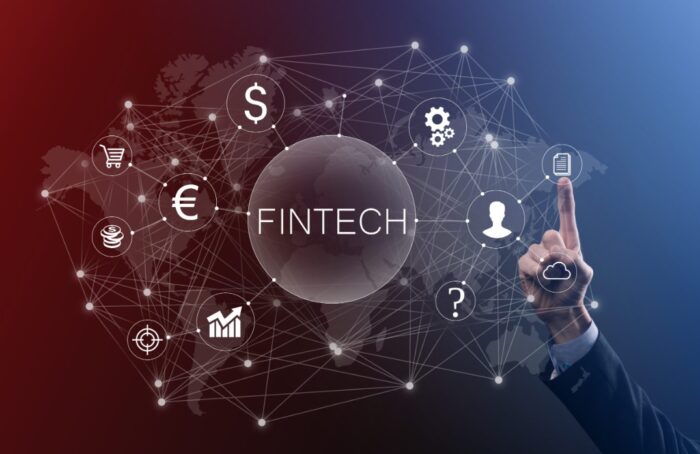
For most people banking is not what it used to be. These days we rely on technology more than ever. For most of us, the Bonnie and Clyde type of robbers no longer represent danger for anyone. Of course, we face many other challenges. For some, the terminology used in everyday financial markets is getting more and more complicated.
The number of terms grows every day almost parallel with all the new technology, applications, and software that comes our way. If you started using the internet for the money transactions you have already come into contact with terms such as internet banking, mobile banking, or digital banking.
When you look at the terms we have listed above, they’re almost the same. Of course, there are differences, but in essence, we’re talking about the same thing. If you’re serious about your money, and the transactions you do, then the details will matter. Sometimes, for our safety, and some benefits it is better to know even the slightest of differences between the terms you’ll meet on the way.
What most people want to know is what is the difference between digital banking and Fintech? While you might have a grasp on what the former is, the latter confuses people. If you’re one of those folks you have come to the right place. In this article we are going to discuss how to differ the two, and what are they in essence. Let’s start with digital banking.
What is Digital Banking?

If you’re an avid internet user you’ll find many answers. The one you’re looking for is that digital banking is a combination of mobile baking and online banking. It refers to those operations that use both of these systems.
When it comes to online banking it is when you access the web page of your bank by using your computer. It applies to those operations that require you to use a computer to communicate with your bank.
The situation is the same with mobile banking with the difference being you’ll be using a smartphone for any given operation in combination with the bank’s application. Mobile banking has the advantage of being able to do things on the go, but it is also riskier considering you’ll be accessing your data in public places. This is what digital banking is in a few short lines. We hope that it was clear enough for anyone to understand.
What is Fintech?

As this acronym suggests it is a term that describes financial technologies. So, what could these financial technologies be? Well, the answer is also simple. It is every technological improvement or innovation which is brought forth to improve the world of finances. The number of companies all over the world that rely on different financial services grows every day.
In the future, the number will skyrocket, and there’s no stopping this trend. Why? Its simple Fintech is looking to aid companies and enterprises in terms of managing financial operations and improving their general financial outlook by applying the latest software and algorithms. Fintech focuses on both computers and smartphones in delivering the advancements in every possible way.
It came to be as a term and as a set of operations needed by every major company early in the 21st century. But, in its early days, it came to be known as something the company used only for its back-end financial operations. But, in recent years, it has come forth as one of the essential approaches to financial operations in every company out there.
The primary focus in many companies shifted toward customers, and Fintech can do a great job in this department. The world of investing, banking, and financial trading can’t be imagined without it any longer. As you can see many people rely on both, as you can witness by visiting https://testfort.com/fintech-and-banking.
What Is The Difference Between The Two?

By now, you can already understand it a bit, by only knowing what is one and what is another. Fintech is all about innovations and improvements in the world of finances. It is looking to bring out the latest and the best technology that can help companies and individuals in dealing with finances. The goal is to revolutionize the finances as we know them. On the other hand, digital banking is already an established form of doing business. It is not something new.
Digital banking is only the transfer of regular banking to online platforms and tying regular banking with the new technologies. Yes, digital banking changed the way do finances, but only by connecting dots.
When the internet, computers, and smartphones became the norm of operations, they just moved to an already established playground. Fintech, on the other hand, is looking to create new playgrounds, new players, and new rules of the game when it comes to the way we see technology and finances.
Fintech and digital banking also differ in the form of their purpose. The latter is customer-oriented. Its goal is to bring closer the customers and the services the bank offers.
The relationship between the customer and the bank remains the same, with the only difference being the form of communication. It is not like Fintech wants the opposite, but it wants more, better, and fast.

It also wants it now or as soon as possible. It wants what’s the best for both the companies providing the services and the customers by offering new technology that can be trusted, which will be transparent, and that will in no time offer more efficient operations. As we said, it wants a revolution, but not one that will leave the scorched ground but one that will benefit everyone involved and society in general.
The two coexist now, and they will continue to do so in the future. But, while Fintech will look to evolve and move forward with every step, the world of digital banking is more stagnant.
Yes, it will look to expand and adapt to new technologies, but not at the revolutionizing pace that Fintech is doing it. After all, digital banking is all about the banking operations that are already set in place, while Fintech is about the new things that await us.








